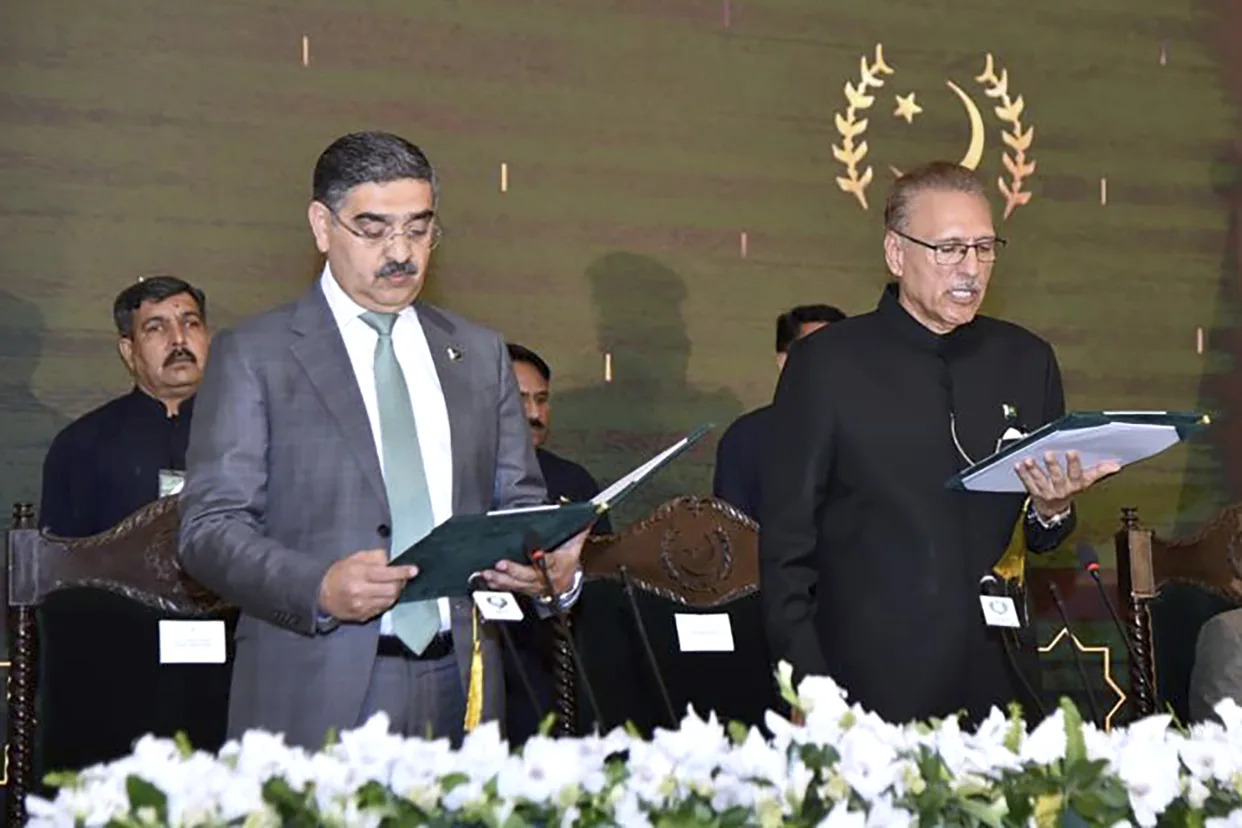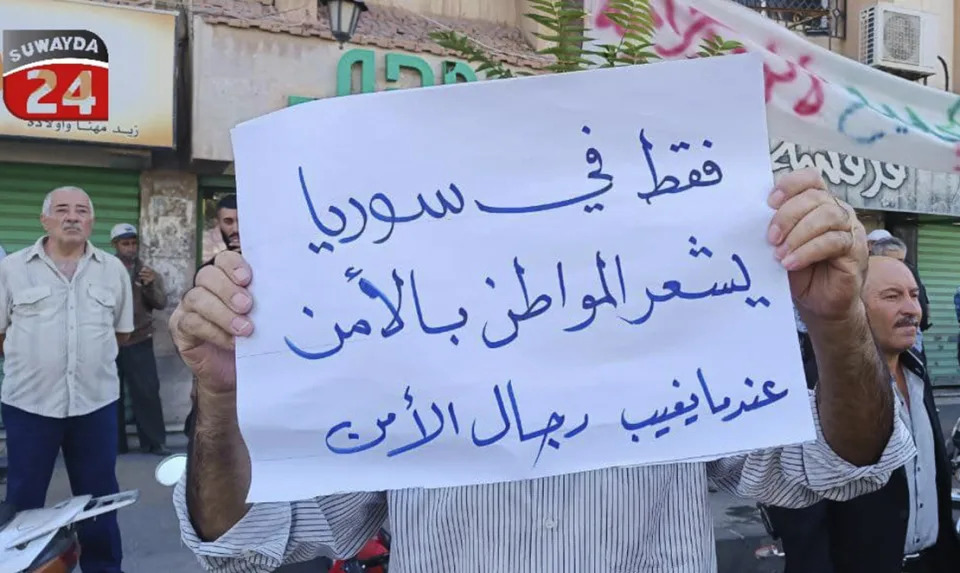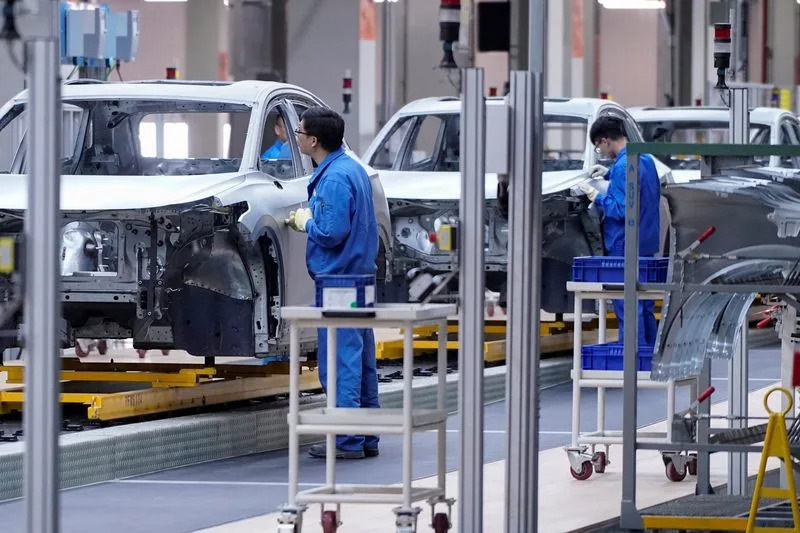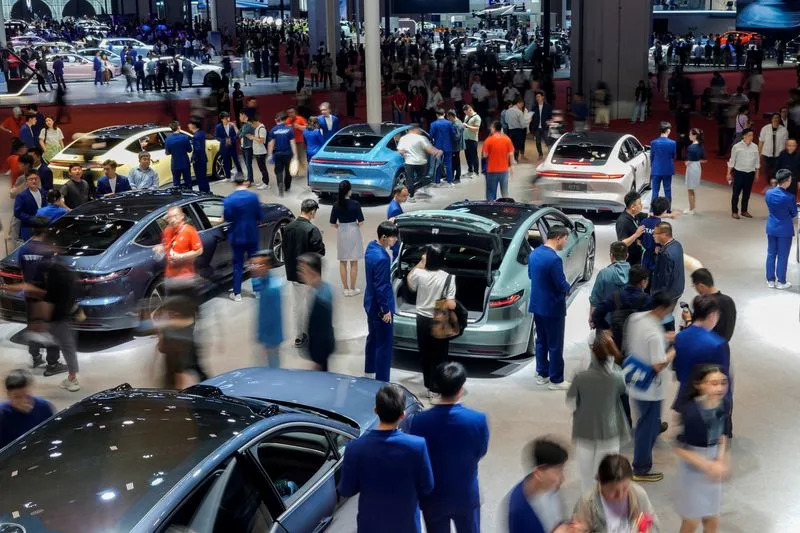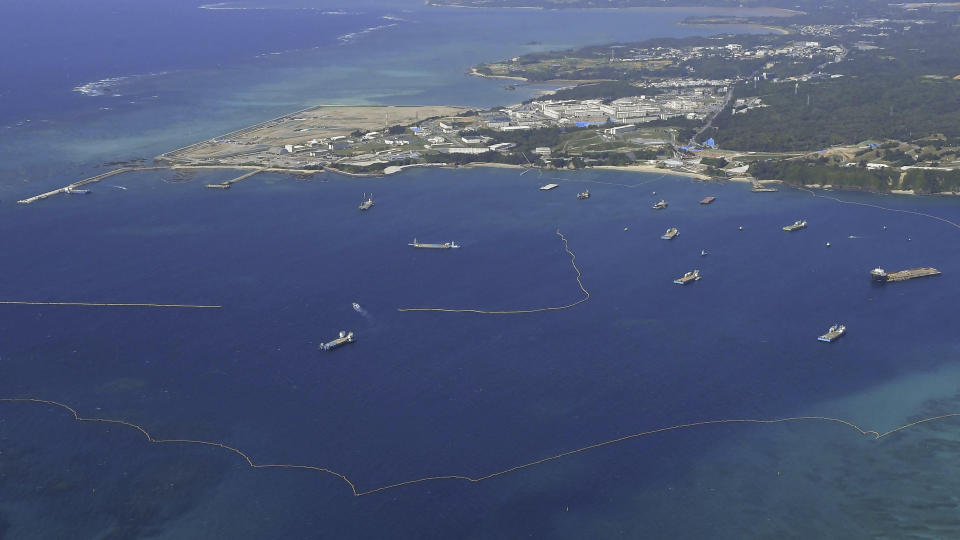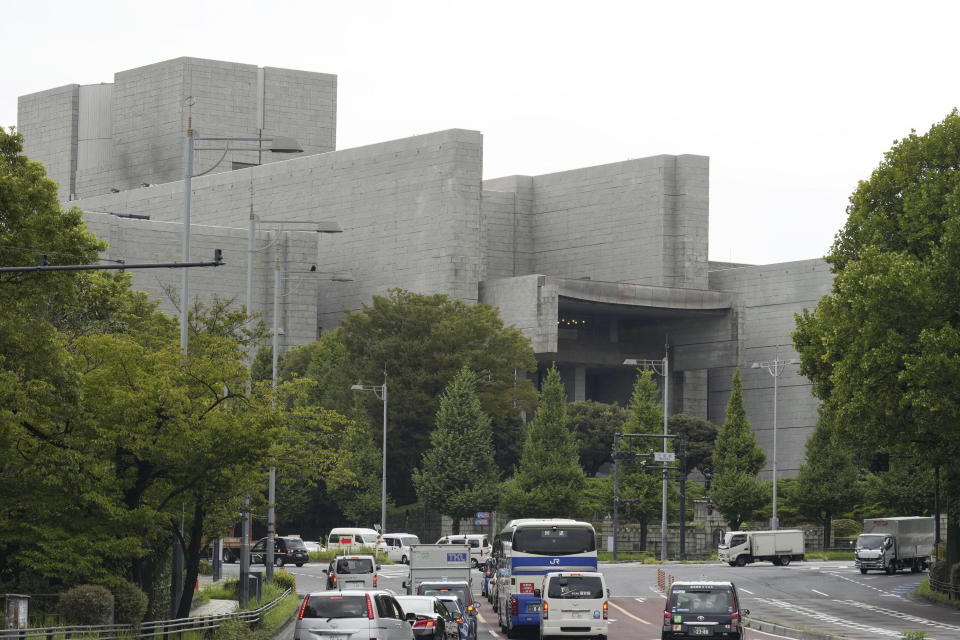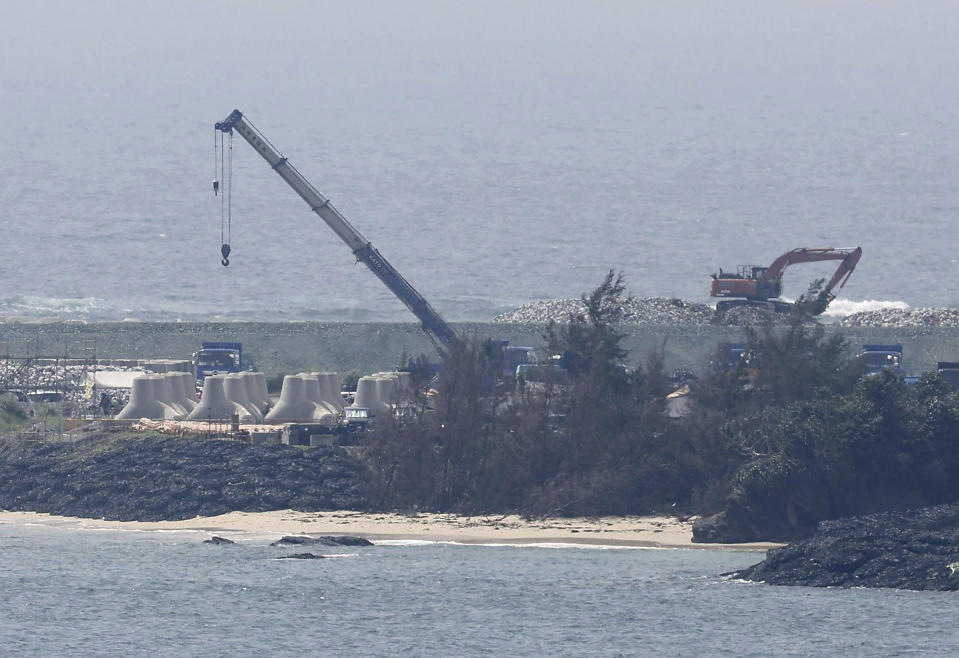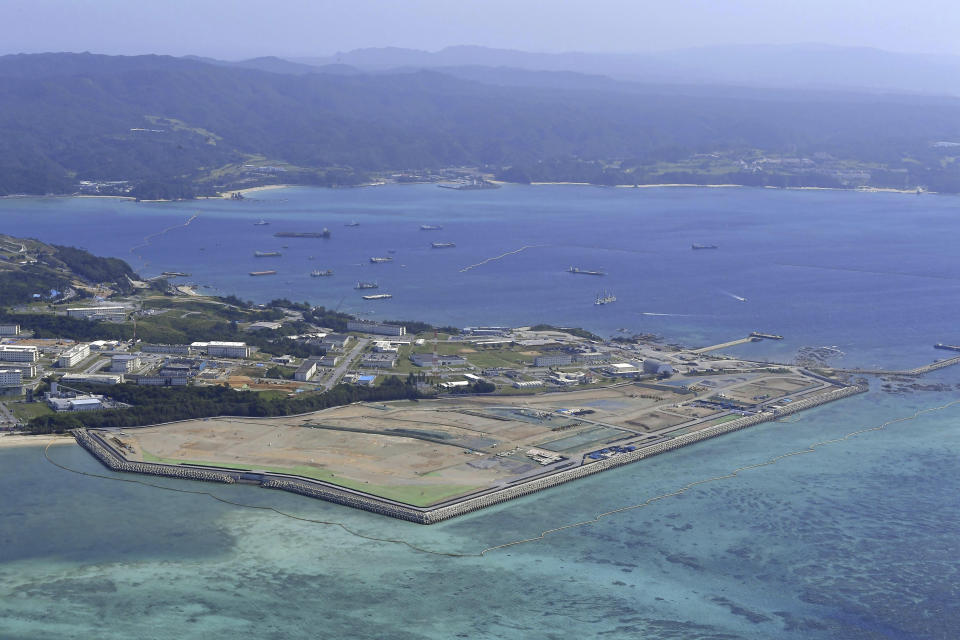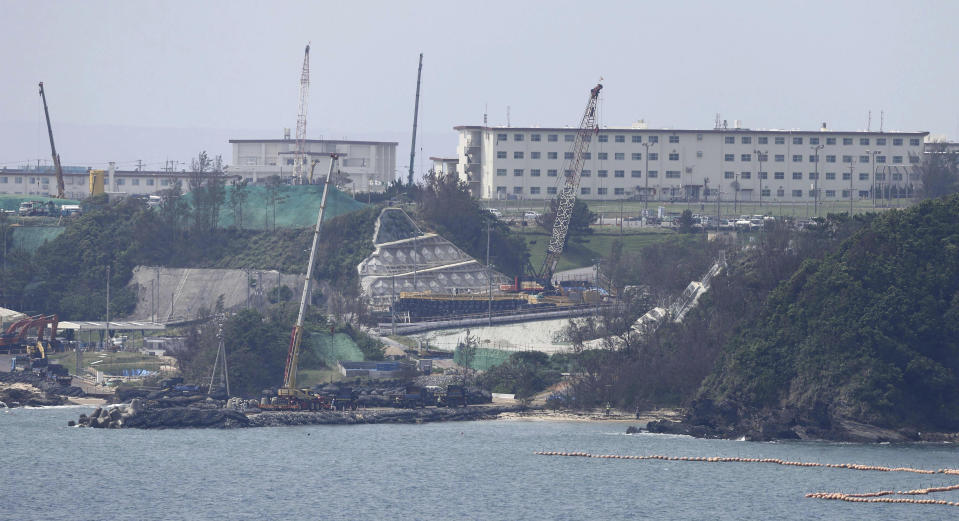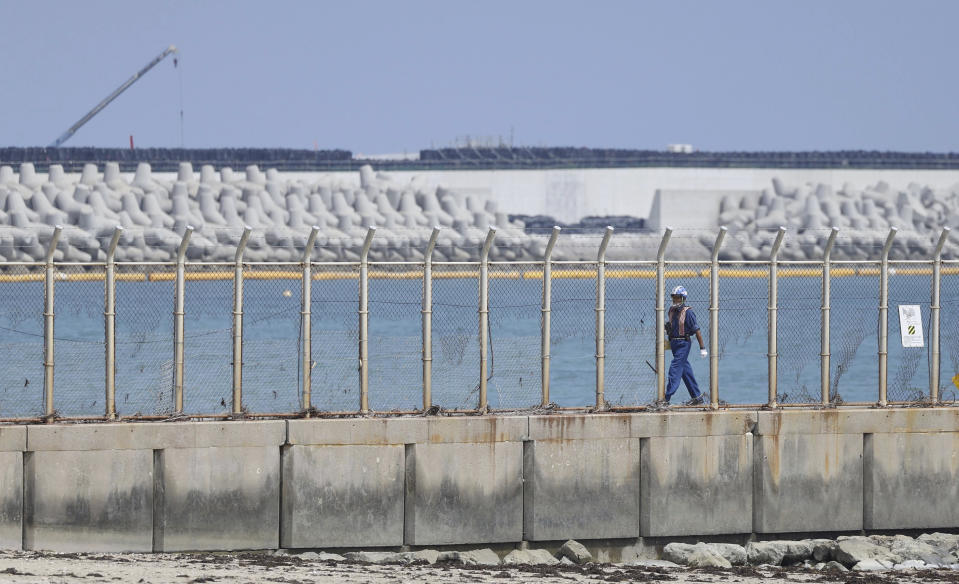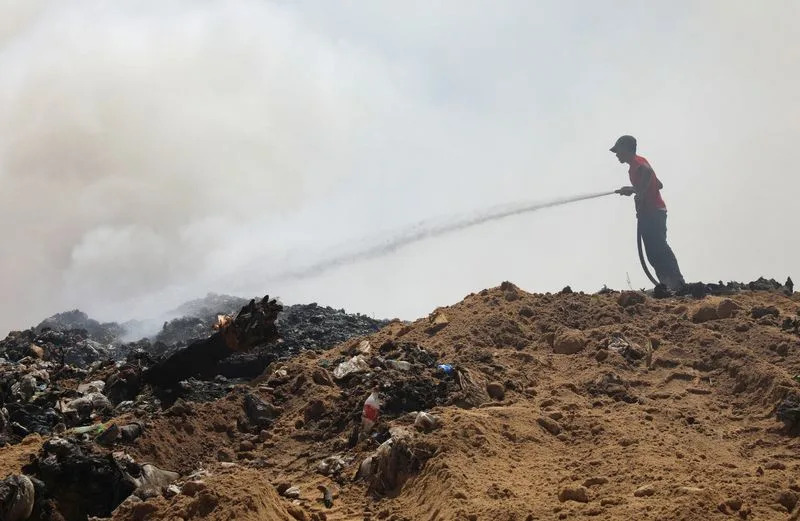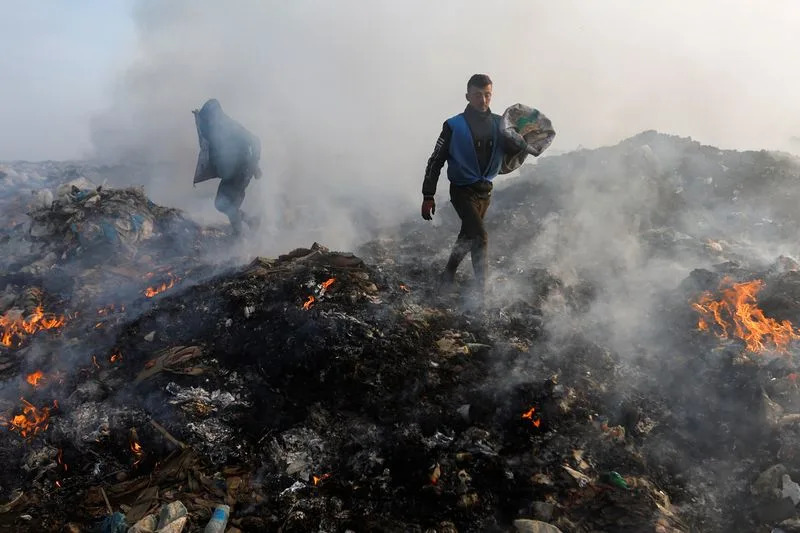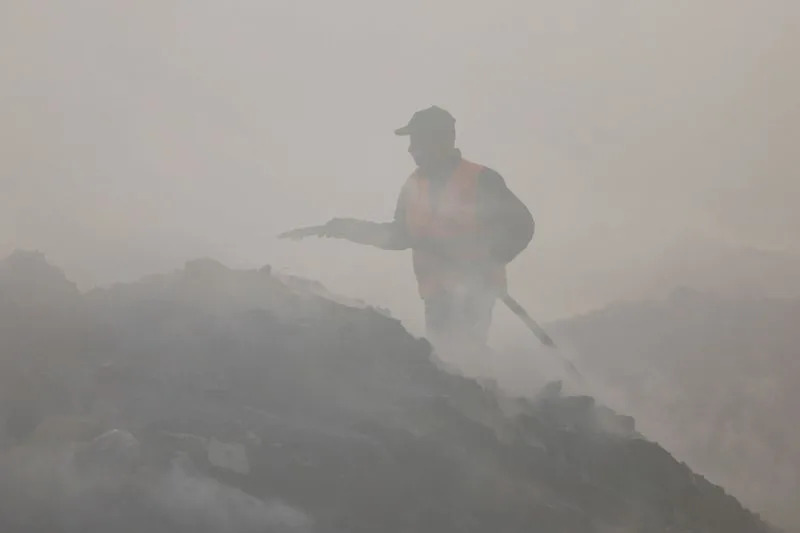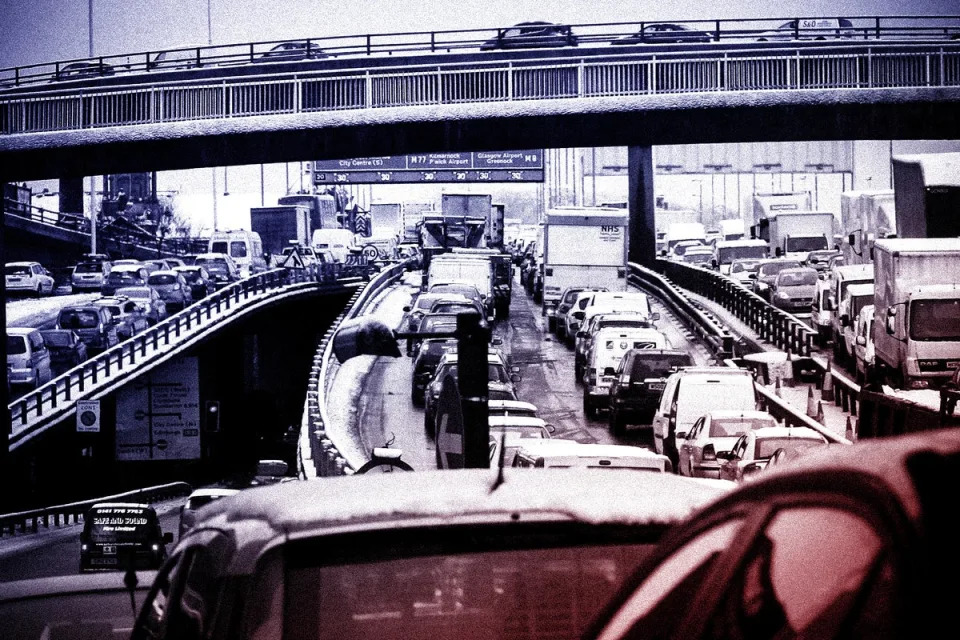ASIM TANVEER
Mon, September 4, 2023
MULTAN, Pakistan (AP) — Last month's mob attacks on churches and homes of Christians in eastern Pakistan erupted after three Christians threw the pages of Islam's holy book outside the house of two others to falsely implicate them in a blasphemy case due to a personal dispute, police said Monday.
The three detained suspects confessed to conspiring and throwing Quran pages outside Raja Amir’s house, three police officials said. Amir and his brother had been arrested after they were accused by Muslims of desecrating the Quran.
The suspected mastermind was Pervez Kodu, who thought Amir had an affair with his wife and knew Muslims would target Amir if Kodu had thrown the pages outside his house to give the impression Amir had desecrated the holy book, three police officials said.
The officials spoke on condition of anonymity because they were not authorized to speak to media on the record. They said the three men now face charges of causing violence and falsely implicating Amir and his brother in a blasphemy case.
Khalid Mukhtar, a local priest, said he had heard about the arrests of the three men and told The Associated Press that he was trying to get details about the investigations from the police.
At least 17 churches and nearly 100 homes were damaged in the Aug. 16 mob attacks in Jaranwala, a city in Punjab province. There were no casualties but it was one of the most destructive attacks on Christians in the country.
Since then, authorities have repaired most of the churches and handed out thousands of dollars to nearly 100 families whose homes were destroyed or damaged.
Police have also arrested nearly 200 Muslims over involvement in the attacks.
Under Pakistan’s blasphemy laws, anyone found guilty of insulting Islam can be sentenced to death. While authorities have yet to carry out capital punishment for blasphemy, often mere accusations can incite mobs to violence and lynching.

